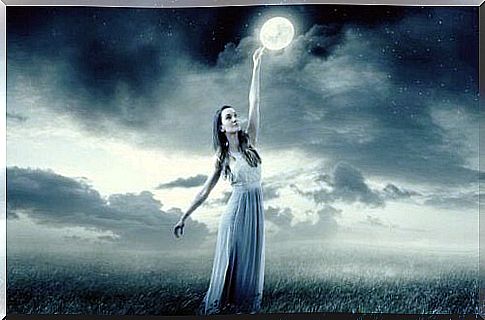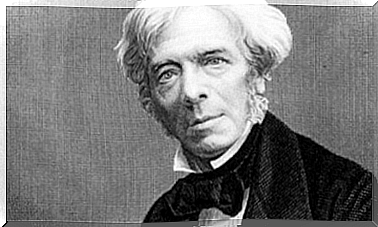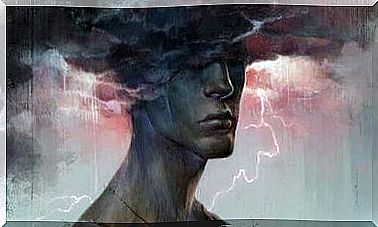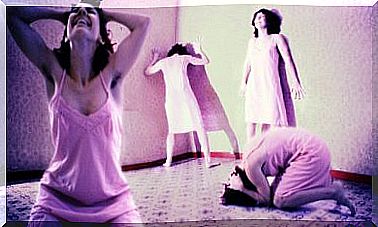The Studies Of Donald Redelmeier And The Fate Of The Moon

Donald Redelmeier’s studies on the effects of the moon have been published in the British Medical Journal . According to these, the full moon increases traffic accidents and tragic deaths. This is what the scientist concluded, after collecting and analyzing a series of data in several countries around the world.
Donald Redelmeier’s studies were published in the Christmas edition of the prestigious magazine. These editions are produced annually and include fun, eye-catching or surprising research, always based on “science facts”.
We have been talking about the charm of the moon for a long time. It has inspired poets, lovers and scientists of all time. It shines in the night like an oasis in the midst of mystery. But does it really exert such influence as to cause accidents and tragic deaths? Donald Redelmeier’s studies seem to prove it.
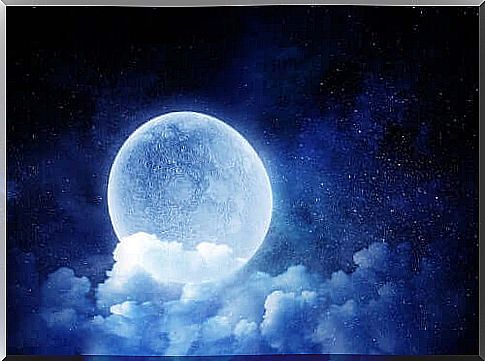
Donald Redelmeier’s studies
Donald Redelmeier’s studies are based on statistics. This scientist, researcher at the University of Toronto, with his colleague Eldar Shafir, researcher at Princeton University, made a particular analysis. They followed traffic accidents between 1975 and 2014 in the United States, Canada, the United Kingdom and Australia.
They were looking for models and the ones they found weren’t exactly what they expected. Thanks to their research, they were able to detect a striking fact: during full moon nights, traffic accidents increase and, as a result, the number of injuries and deaths.
According to the data, during the study period, there were 988 nights when there was no full moon. During the same period, 8,535 traffic accidents took place, which resulted in an average of 8.64 traffic fatalities each night.
During the same period, 494 full moon nights occurred. During these 4494 traffic accidents occurred, with an average of 9.1 deaths per night. The average during “super moons” has increased to 10.6.
It was the fault of the moon’s charm. It was found that many drivers were delighted with its beauty and dispersed their attention. This is what leads to accidents.
The charm of the moon
Donald Redelmeier’s studies are an anecdotal way of answering a question that humans have been asking for thousands of years: What influence does the moon have on human behavior? The legend of the “werewolf” is a fantastic way to answer it: the most animal instincts are revealed in humans on a full moon.
Outside of fantasy, many have postulated that there is a close relationship between the moon and behavior. Without going very far, Aristotle was convinced that the fits of madness and epilepsy were directly related to the phases of the moon. Pliny the Elder, a Roman naturalist, strongly agreed with this assessment.
In fact, the word “lunatic” has taken hold in popular parlance to refer to these abrupt changes in behavior, especially on full moon nights. Scientifically, there are several studies on this subject. None of them are completely consistent except one. Let’s see this in more detail.

An interesting survey
Psychiatrist David Avery from the UK had a very special patient. He suffered from bipolar disorder and was also very methodical, with a research spirit. That’s why he decided to carefully record his extreme mood swings. When Harvey studied his patient’s notes, he noticed that the fluctuations in sleep coincided with the fluctuations in the lunar tides.
The psychiatrist found the conclusion somewhat absurd and filed the case. However, another well-known psychiatrist, Thomas Wehr, published an article in which he pointed out that 17 patients with bipolar disorder had a very striking regularity in their mood swings, changes which coincided with the cycles of the lunar tides. This study was based on observations made over several years.
The two psychiatrists met and joined forces. Both have presented their findings in various forums and empirically they are correct. It’s a coincidence. However, other scientists believe that there is another factor influencing this phenomenon that has not been detected.
Most refuse to seriously consider this relationship between the moon and behavior, because there is no physical basis to corroborate it. Despite this, the data from Wehr and Avery could not be reproduced. There will surely be new studies that cast light where there are still shadows.
